David Harris
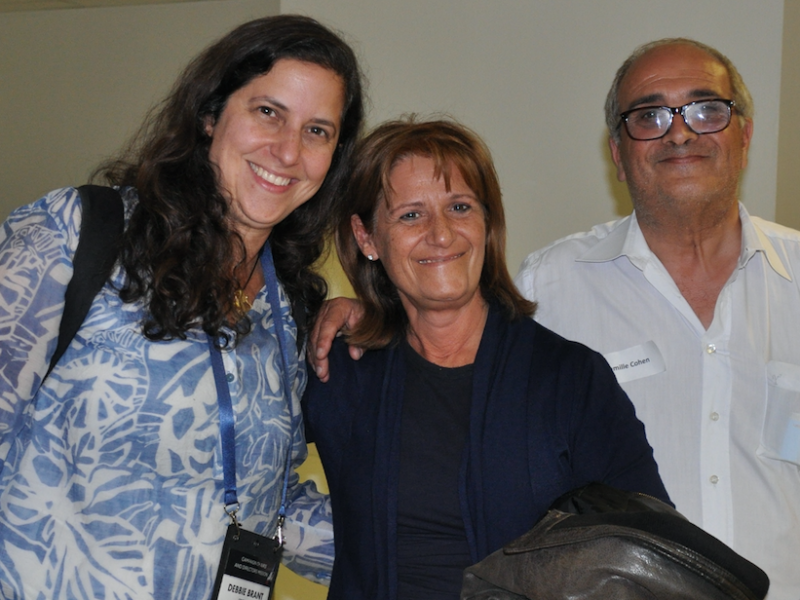
Passports for French Couple Moving to Israel: By Debbie Brant, Incoming Campaign Chair
Update 5/1/2017 — “Debbie’s story clearly demonstrates the power we have here in Cincinnati when we act locally but think globally to care for the needs of Jews all over the world. The Jewish people have to act as a community not constrained by borders nor separated by oceans. I’ve gotten involved in the Federation’s Campaign because I want to support strong Jewish life here for my family, friends and neighbors while still tending to the needs of others across the world, often in much more precarious situations.” —Adam Symson, Community Campaign 2017 Chair
The Jewish Federation of Cincinnati is proud to announce that our 2017 Campaign Chair is Debbie Brant, an extraordinary community leader with a genuine sense of caring about making our community better. Currently a vice-president on our Federation Board, Debbie has been president of the Mayerson JCC, is an alumna of the National Young Leadership Cabinet, and has served as a lay leader at the Federation in many roles. I am pleased to share this article by Debbie to begin to introduce her to the community. —Danielle
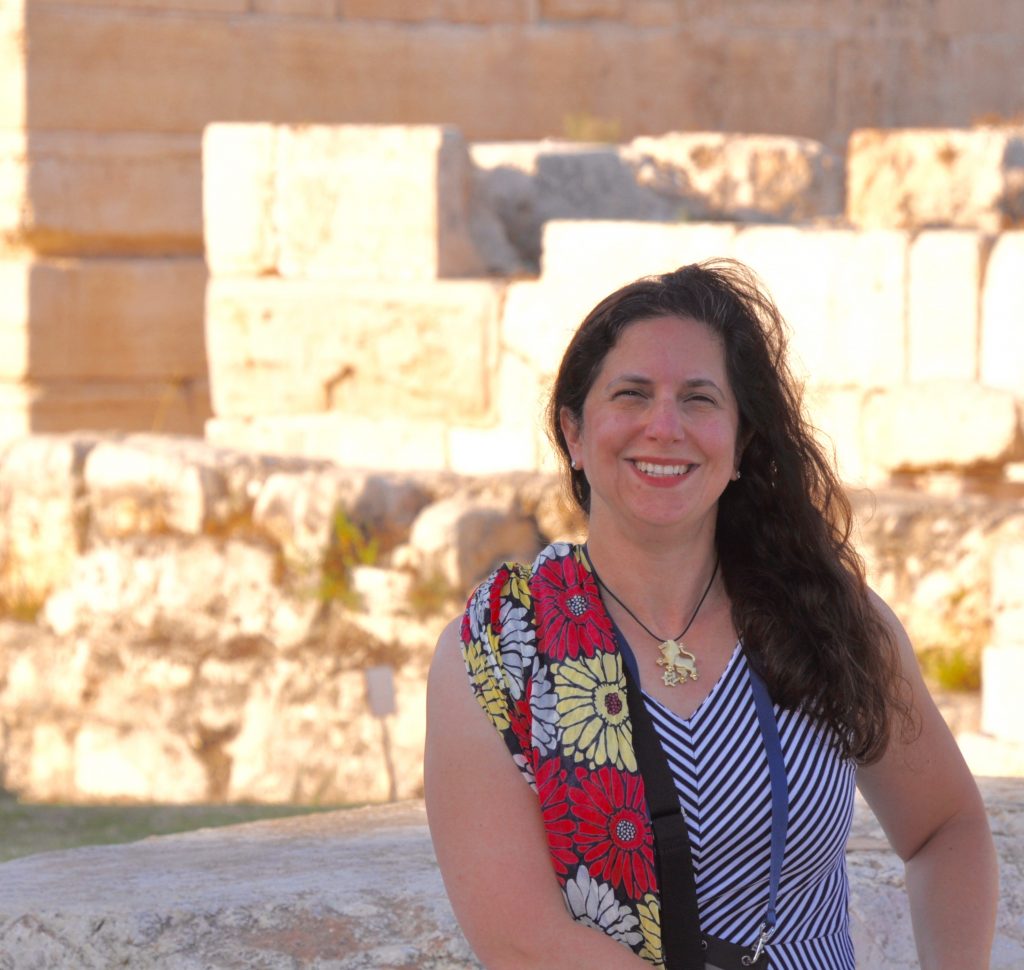
By Debbie Brant, 2017 Campaign Chair, Jewish Federation of Cincinnati
This past July 12, at Lucien de Hirsch High School in Paris, I was lucky to be in the room when a group I was a part of gave out passports and plane tickets to numerous Jewish French families, who had made, months before, the momentous decision to immigrate, or make aliyah, to Israel.
I felt privileged—I had two passports in my hand, plane tickets, all the paperwork—but I couldn’t find my couple. The room was in happy chaos—people were singing, people were dancing. Incredible emotion filled the air. I looked at the passport names—the Cohens—and photos so I could get a rough fix on who I needed to find, and weaved my way through the Israeli flags, blue and white balloons, and cheerful throngs—over 200 strong—who were celebrating this collective achievement.
It took me a full thirty minutes to find them, despite their nametags—a lovely, friendly couple who appeared a bit overwhelmed. They looked to be in their sixties, and somehow familiar, as if they could have been my aunt and uncle. I asked if they were happy, and in halting, accented English the husband let me know that they were. It was very moving for them and for us.
This experience felt amazing, and it encapsulated for me what the Jewish Federation does: it helps those in trouble or vulnerable, fights antisemitism, strengthens Jewish identity, and empowers Jewish community and the Jewish state. Here it all was, in the shining faces of these many families. Most of the families had children, and I knew a long road of Hebrew instruction, acculturation, and adventure was ahead of all of them. But I also knew that we, through the Jewish Agency for Israel (JAFI), were going to help them every step of the way.
I was able to hand out passports because, this July 11-17, I joined 110 other Jewish Federation leaders from 35 communities on the Campaign Chairs and Directors mission, organized by the Jewish Federations of North America. We visited key programs and met local leaders and individuals helped by our Federations through the Jewish Agency and the American Jewish Joint Distribution Committee (JDC). Of your Cincinnati donations in 2016, 31.5 percent went to support Jews overseas. Of that allocation, 75% goes to benefit Jewish Agency programs.
Currently 500,000 Jews live in France. In 2015 a record 8,000 French Jews made aliyah to Israel. The process can be difficult. While some come with resources many do not: they need the Jewish Agency’s help with absorption and integration into Israel. The day we were there, I saw many young families and some elderly couples as well.
Not everyone wants to leave; some strongly believe in the French community and feel accepted; they are French first and then Jews. Here the question becomes: how do we help them build resilient communities? Paris for example supports a vibrant community with many synagogues; it actually has more kosher restaurants than New York. However, the communities outside of Paris are starting to shrink. Some are making what they call “a petit aliyah” by moving to Paris.
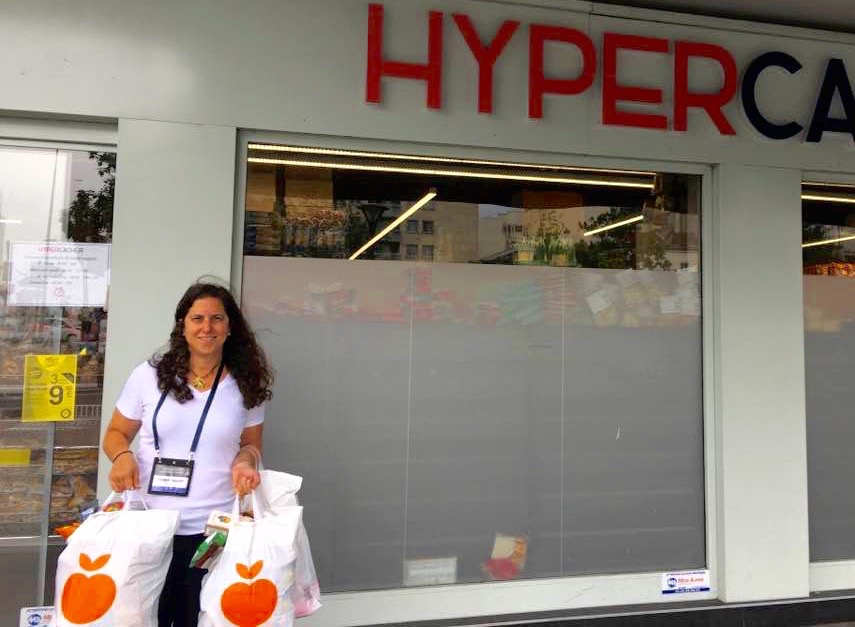
In France, Jews are 2 percent of the population, but the victims of 50 percent of hate crimes. There is tight security at Jewish institutions; tensions are high. We visited a school which in 2014 experienced antisemitic riots. We visited the Hyper Cacher market where the terrorist attack took place in January 2015, and I was honored to be the group’s representative, shopping there to show our collective support.
Overall, I found that our ongoing job is to provide resilience—to give Jews in need or under pressure the tools to live as Jews, and to have a choice.
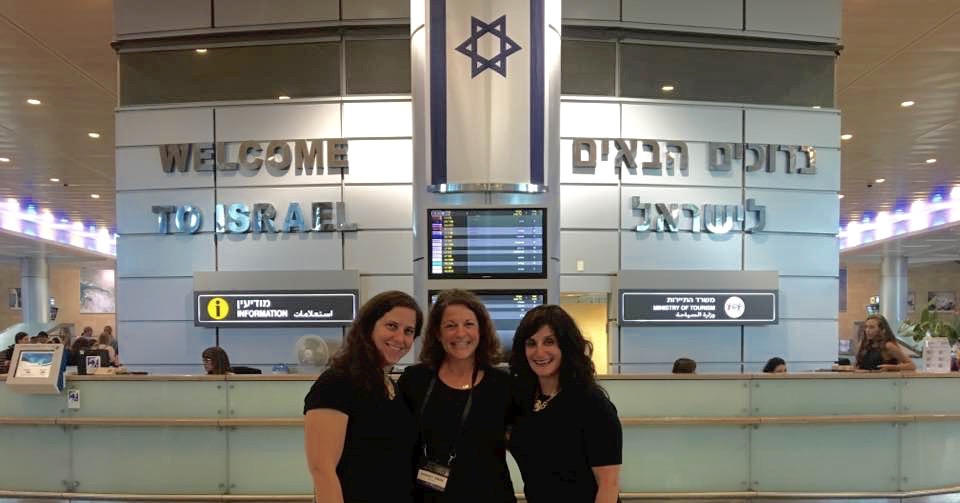
Then as our mission flew to Israel, we were able to have the Debache family—one of the families from that first crazy, wonderful ceremony—fly with us: a couple and their four children. We said a Shehecheyanu with them on the plane.
We saw and heard so much of significance; this is just a small portion. For example, in Tel Aviv, I visited an internet startup, Viewly, with two Onward Israel interns, who happened to be from Cincinnati, both students at OSU. They were having the time of their lives, touring with the program, meeting Israelis through their jobs, and given serious, interesting work.
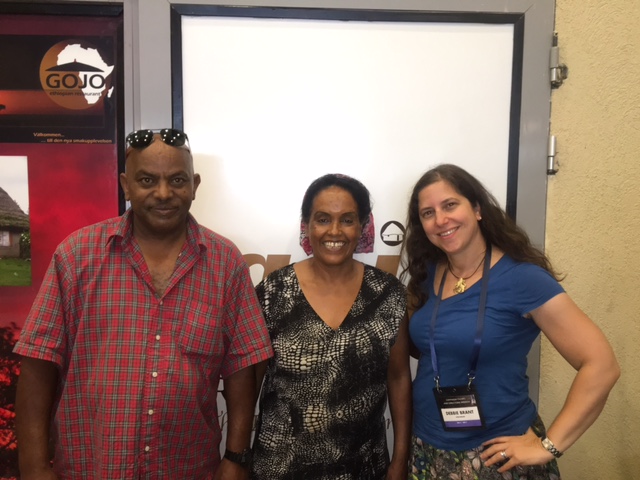
We toured an Ethiopian restaurant, GOJO, started with a small loan through the Joint Distribution Committee, which is now regarded as the number one Ethiopian restaurant in Tel Aviv. The mom is the chef, one son served in the army and the other son is still serving.
We saw the Debache family again at the end of the trip; they were temporarily settled at a Jewish Agency absorption center. Along with the rest of us from Cincinnati, I got the chance to bring them a mezuzah and notebooks, pens, paper, pencils, folders—everything their four kids would need to start the school year.
Everything I saw reinforces why we do what we do at the Jewish Federation. It’s part of why I believe strongly in our Annual Campaign. I believe that asking people to contribute is giving them a chance to give to something they believe in. I saw so much to believe in on this trip, and I look forward to sharing it with each of you as we work for positive change and impact in our community and abroad in the coming year.
The Jewish Agency for Israel and the American Jewish Joint Distribution Committee are two of over fifty programs and agencies funded in part by the Jewish Federation of Cincinnati.
The Jewish Federation of Cincinnati: We look at the whole picture, taking into account the diverse needs of the entire community. Together we can do almost anything.

